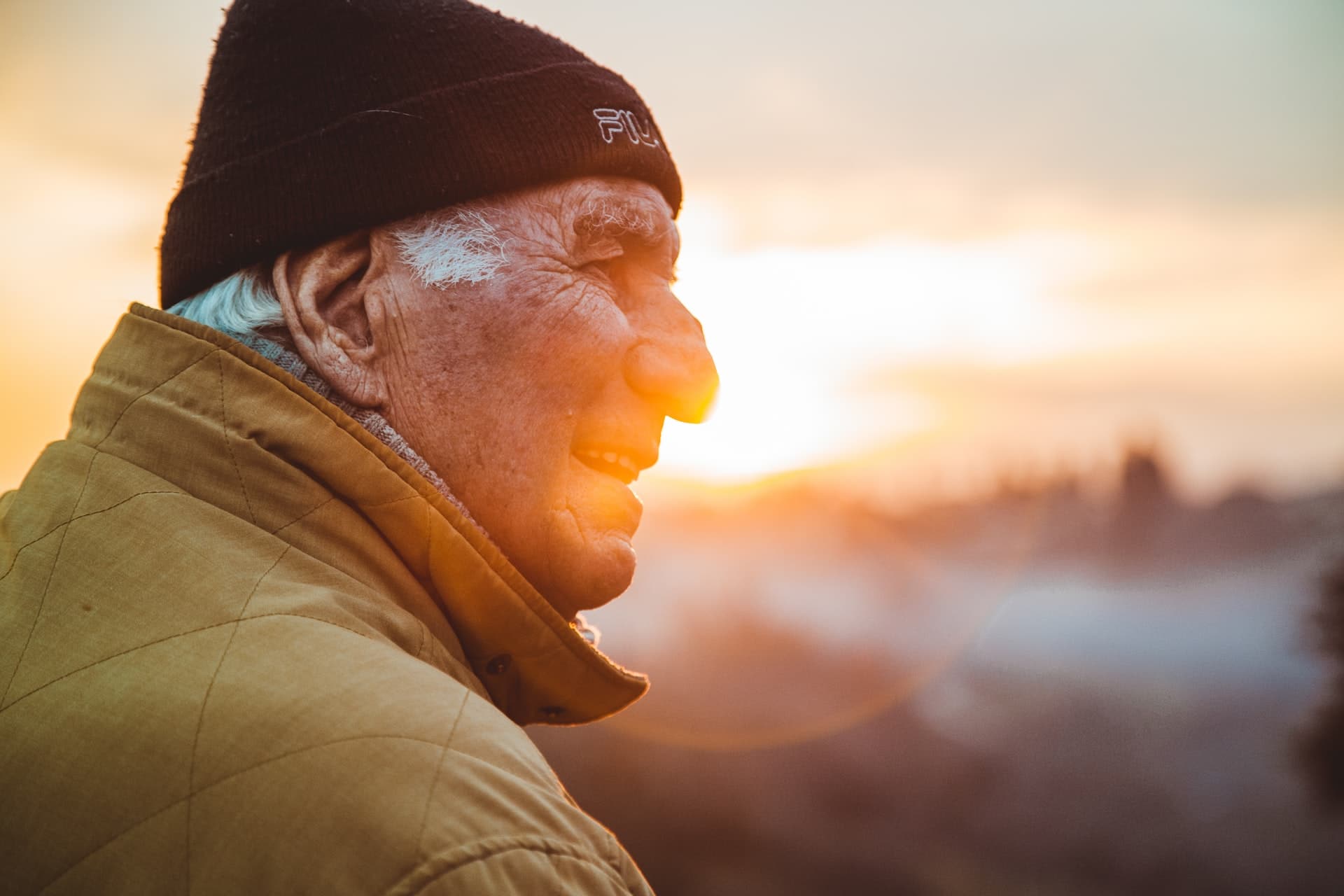
A Guide to Pneumonia in the Elderly
This article has been medically reviewed by Dr. Martin Duggan in 2021
This content is not intended to be a substitute for professional medical advice, diagnosis, or treatment. Always seek the advice of your physician or another qualified health provider with any questions you may have regarding a medical condition.
Pneumonia is a lung infection that can become quite serious and even life-threatening for older people. In fact, 50,000 Americans die – and many more are hospitalized – every year from pneumonia. The elderly are especially at risk for catching severe pneumonia, which is why it’s key to prevent it if possible or at least recognize it early. In this article, we’ll go through a guide to pneumonia in the elderly. We will discuss symptoms, causes, treatment, and prevention steps.
What are common symptoms of pneumonia in the elderly?
Every pneumonia patient can have different symptoms. However, breathing problems and fevers are the two most common symptoms of pneumonia. Here is a brief outline of some of the most common pneumonia symptoms:
- Rapid breathing or struggling to breathe
- Fever
- Chills and sweats
- Phlegmy or bloody cough
- Chest pain that’s worse with deep breathing and coughing
- Fatigue
- Feeling weak or unsteady
- Peeing less than usual
- No appetite
- Lowered alertness and awareness
- Confusion or delirium
- Pale, blotchy, or blue skin
If your loved one is coughing, wheezing, or having some difficulty catching their breath after simple activities, then it is time to call the doctor. If they experience chills or fevers, then this appointment needs to be made for today or tomorrow. If they are out of breath while seated, have a blue tinge to their lips or fingernails, or if they are unable to keep up a conversation without pausing to catch their breath, then they should be taken to the emergency room right away.
What are risk factors for pneumonia in the elderly?
Advanced age is a risk factor for the development of pneumonia. This means that people above the age of 65 are more likely to contract pneumonia. Other risk factors for catching pneumonia include:
- Smoking
- Alcoholism
- Environmental exposures (coal, dust, asbestos, etc)
- Malnutrition
- COPD or asthma
- Poor dental health
- Immunosuppressive therapy
- Being treated for acid reflux
Seniors are not only more likely to contract pneumonia, but they are more likely to experience severe symptoms from pneumonia. People over the age of 65 have a higher risk of hospitalization and death.
Is pneumonia serious in the elderly?
Pneumonia can be extremely serious, often leading to hospitalization, and sometimes can even lead to death. According to the numbers, the death rate for severe pneumonia may reach as high as 20%.
It’s vital to take pneumonia seriously by seeking out medical attention and following recommendations for treatment and prevention.
When should my loved one go to the hospital?
When in doubt, seek medical attention. This is especially true if your loved one has underlying respiratory or heart conditions. Some red flags that your loved one needs to be hospitalized include:
- Rapid breathing or struggling to breathe
- Chest pain
- A heart rate that’s very low or very high
- Abnormal body temperature, i.e. very high fever or very low temp
- Low blood pressure
- Bluish color in the face, lips or nails
- Confusion or delirium
These are considered severe symptoms of pneumonia and you should seek emergency medical attention.
What causes pneumonia in the elderly?
Pneumonia is most commonly caused by bacteria or respiratory viruses in the U.S., though it can also be brought on by fungi or other organisms.
Pneumonia is treated based on the underlying cause, so it’s important to see a doctor to find out what type of pneumonia you or a loved one have. Here are the 4 types of pneumonia and some key information about each:
- Bacterial pneumonia: Bacterial pneumonia impacts nearly 1 million Americans every year. Streptococcus pneumoniae is typically the culprit behind bacterial pneumonia.
2. Viral pneumonia: This type of pneumonia is caused by respiratory viruses, including the viruses behind colds, the flu, and COVID.
3. Aspiration pneumonia: If a patient breathes in food, saliva, vomit ,or more into the lungs, it may cause aspiration pneumonia. For seniors with swallowing disorders, the danger of aspiration pneumonia is higher.
4. Fungal pneumonia: A rare type of pneumonia that is caused by fungi entering the lungs.
As you can see, pneumonia doesn’t have just one cause, but can develop from several different sources.
Can COVID cause pneumonia in the elderly?
Yes, viral pneumonia can be caused by the COVID virus. Pneumonia related to COVID can be particularly severe and life-threatening.
Can pneumonia cause other complications in the elderly?
Yes, pneumonia can lead to other health complications. There are a few very serious complications of pneumonia in the elderly, all related to fatal lung infections.
For example, pneumonia patients may develop serious lung injuries, such as lung abscesses or pleurisy. These conditions may require surgery to drain or remove infected areas. When pneumonia severely damages the lungs, ARDS (Acute Respiratory Distress Syndrome) may develop and cause respiratory failure as well. Finally, lung infection can spread into the bloodstream and to other organs, called bacteremia.
In all these conditions, pneumonia complications are extremely serious and life-threatening, and may make recovery difficult.
How is pneumonia treated in the elderly?
Treating pneumonia depends on the underlying cause, i.e. bacteria, virus, or another cause, but the goal is the same: to get rid of the infection and prevent complications.
For example, bacterial pneumonia can be treated with antibiotics, but viral pneumonia won’t respond to antibiotics. Instead, antiviral medications and supportive care will be required.
In severe cases, hospitalization may be required to stabilize breathing using oxygen therapy. You may also receive IV fluids to stay hydrated. Health workers will monitor your breathing around the clock to prevent serious complications such as the conditions listed above.
Can pneumonia in the elderly be treated at home?
Once your loved one has been diagnosed with pneumonia by their doctor, and the appropriate treatment has been started, the next decision will be whether they need to be monitored in the hospital. Only a doctor can make this decision. Some people require a brief hospital stay to ensure their recovery. But doctors will encourage most people to start their treatment at home.
If home treatment is recommended, you should keep a few things in mind:
- Monitor for improvement or worsening – Your doctor may ask for daily temperature checks, and your doctor will want to know right away if someone isn’t getting better or appears to be getting worse.
- Avoid prolonged periods in bed – It is important to make sure your loved one is getting out of bed and offer your help so they can walk as frequently and for as long as they can tolerate.
- Avoid dehydration but don’t over-hydrate – Dehydration among pneumonia patients is common. Large amounts of fluid intake in patients with a history of congestive heart failure can be a major issue.
- Avoid over-the-counter medications, unless they are recommended by a doctor – Many of these medications can impair the body’s ability to clear mucus from the lungs, and some cough medicines can cause delirium in elderly patients.
- Encourage deep breaths and forceful coughs – Long, slow, deep breaths which last for over one second help to keep the lungs open, and help to mobilize fluids. Your doctor may even recommend something called an incentive spirometer to help with this task.
How long does it take for the elderly to recover from pneumonia?
Recovering from pneumonia depends greatly on the severity of the case and the patient’s reaction to treatment. It may take anywhere from a week to months. Your doctor will come up with an appropriate treatment plan and medication regimen, according to your case. For seniors, recovery time may take longer than the average adult.
How can pneumonia be prevented in the elderly?
Whenever possible, it’s important to prevent pneumonia in the elderly. These 9 healthy habits can make the difference to prevent pneumonia and complications in the long run:
- Get vaccinated for Covid-19
2. Get the pneumococcal vaccine at age 65 (or sooner if your doctor believes you are eligible)
3. Get the flu vaccine every year.
4. Wash hands thoroughly and frequently, including while preparing food, before eating, after using the bathroom.
5. Make healthy habits. Maintaining a healthy weight and staying physically active improves our physiologic reserve and helps keep us strong enough to battle illness as we age.
6. Avoid smoking, as it can damage your lungs, weaken the immune system, cause cancers, and make us susceptible to pneumonia (particularly for severe pneumonia).
7. Avoid unnecessary contact with people with recent respiratory illnesses.
9. Manage chronic conditions, if COPD, diabetes or other conditions aren’t managed well, disease often follows.
These simple steps can help prevent pneumonia in the elderly. Making these habits can keep up your health overall, too.
Final takeaway
Pneumonia can become a serious illness in the elderly. With this guide, you’ll know the key signs to identify and treat it in your loved ones. You can also use our handy prevention steps to stay healthy this season and keep your immune system strong.
Interested in more senior health topics? Check out My Caring Plan for more.
Sources:
- Almirall J, Serra-Prat M, Bolíbar I, Balasso V. Risk Factors for Community-Acquired Pneumonia in Adults: A Systematic Review of Observational Studies. Respiration. 2017;94(3):299-311. doi:10.1159/00047908
- Pneumonia, NHS, www.nhs.uk
Related Articles

When Is It Time for Assisted Living?
Wondering if it is time for assisted living for your loved one is a common question for caregivers. As a caregiver, you might have been considering the question for months or possibly even years. Your loved one might have declined to continue the discussion as the thought of moving out of their family home and […]
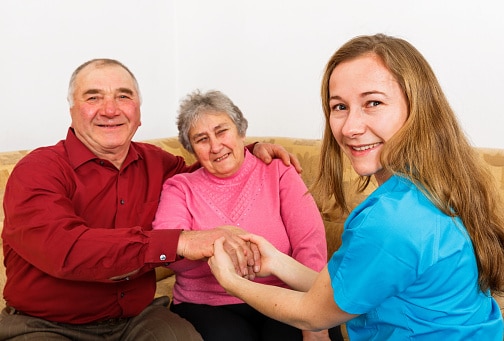
All About Adult Day Care: Community and Costs
Adult day care is a fairly new concept for caregivers. The basic idea is to provide a secure place where seniors can enjoy social activities during the day and be provided nursing care as needed. It’s a hybrid model of eldercare that prioritizes community. At the same time, seniors get help with common custodial tasks […]
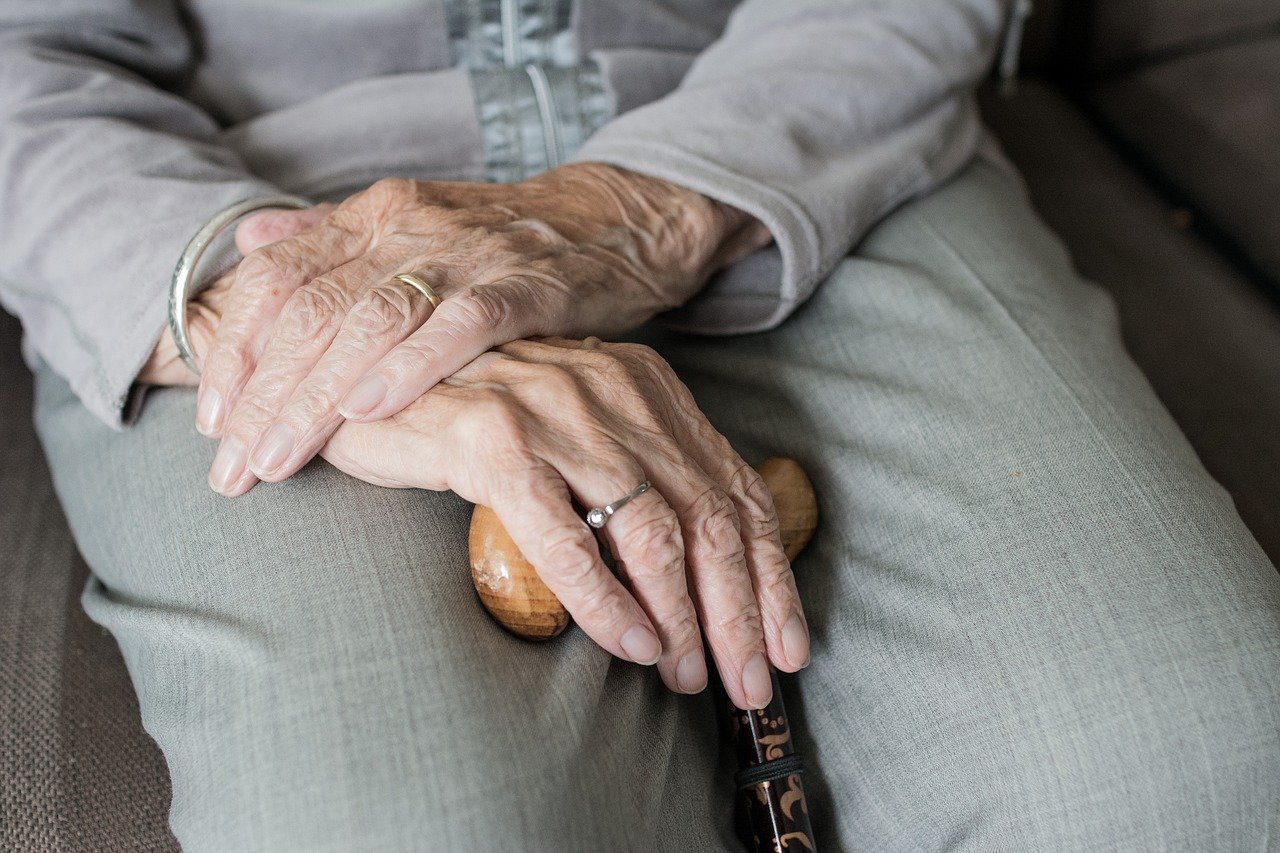
An Overview of Senior Rehabilitation Centers
Recovering from injury or illness in your golden years may take time and support. That’s where senior rehabilitation centers become essential. If you need a temporary stay to recover from injury or illness, senior rehabilitation centers can be the solution to get expert care and daily support. In this article, we’ll give you an overview […]
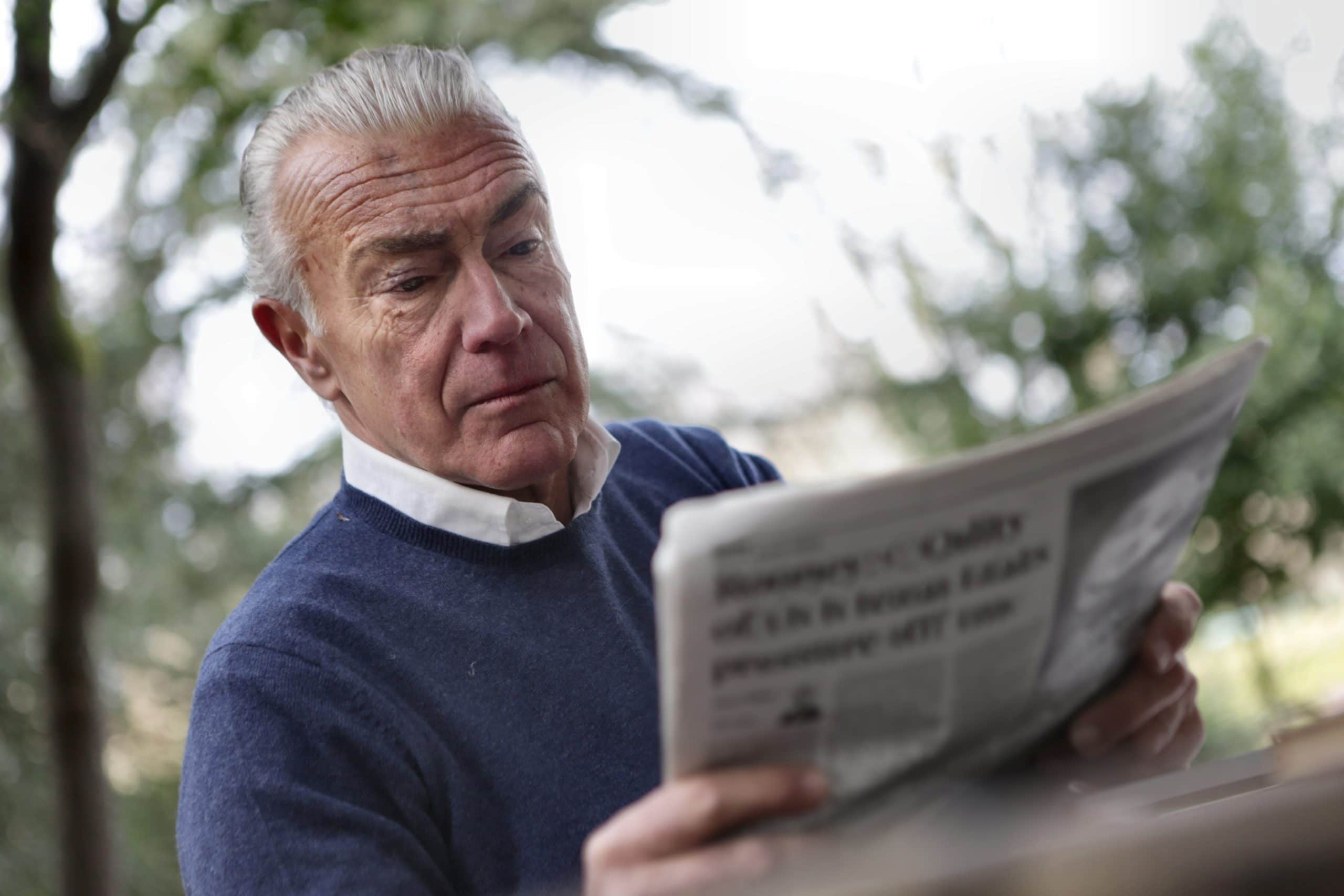
A Caregiver’s Guide to ADLs and IADLs
This article has been medically reviewed by Dr. Martin Duggan in 2021. This content is not intended to be a substitute for professional medical advice, diagnosis, or treatment. Always seek the advice of your physician or another qualified health provider with any questions you may have regarding a medical condition. As a family caregiver, your […]
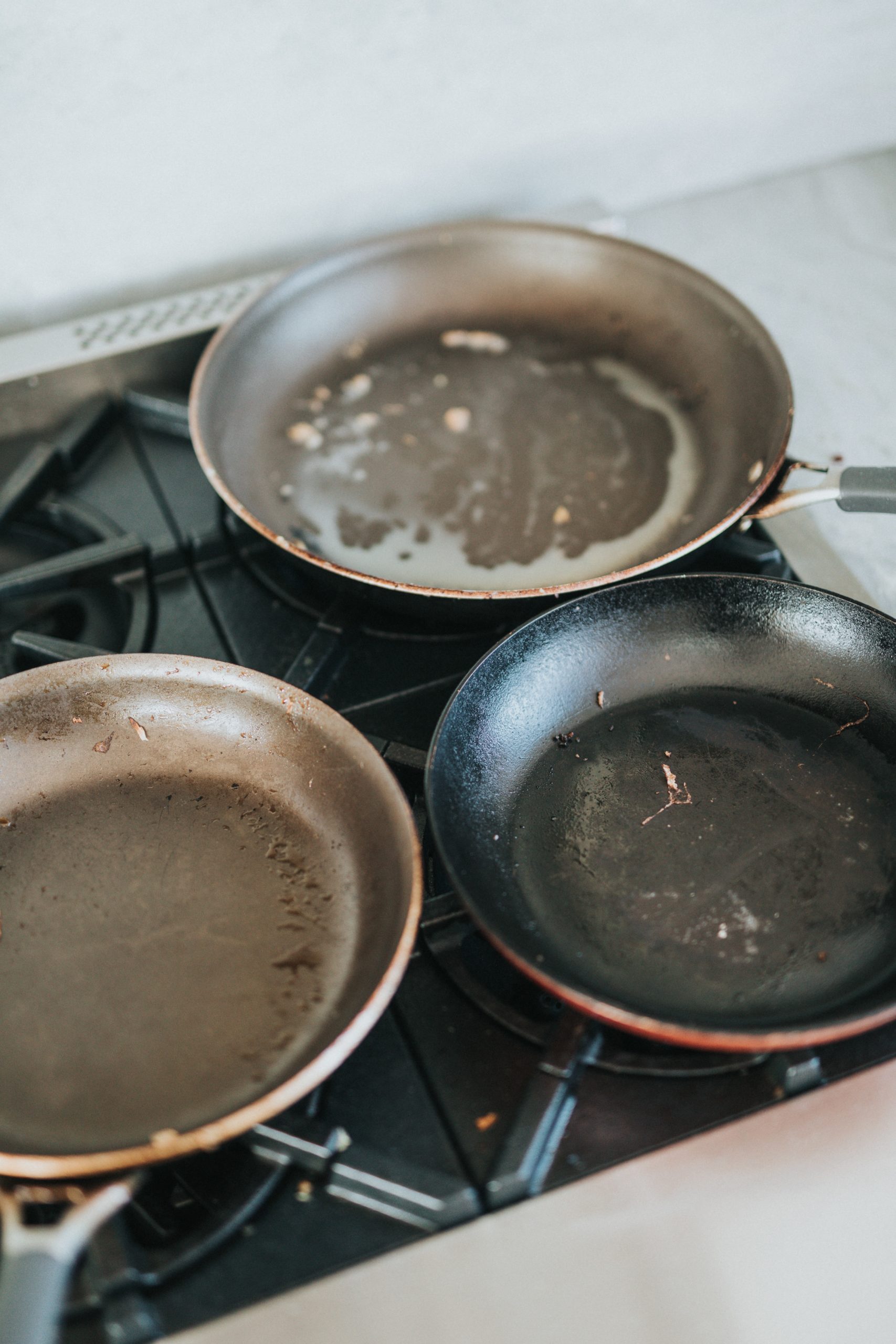
What is a Mechanical Soft Diet? Explanation, Preparation, and Meal Ideas
This article has been medically reviewed by Dr. Martin Duggan in 2021. This content is not intended to be a substitute for professional medical advice, diagnosis, or treatment. Always seek the advice of your physician or another qualified health provider with any questions you may have regarding a medical condition. As a caregiver, you may […]
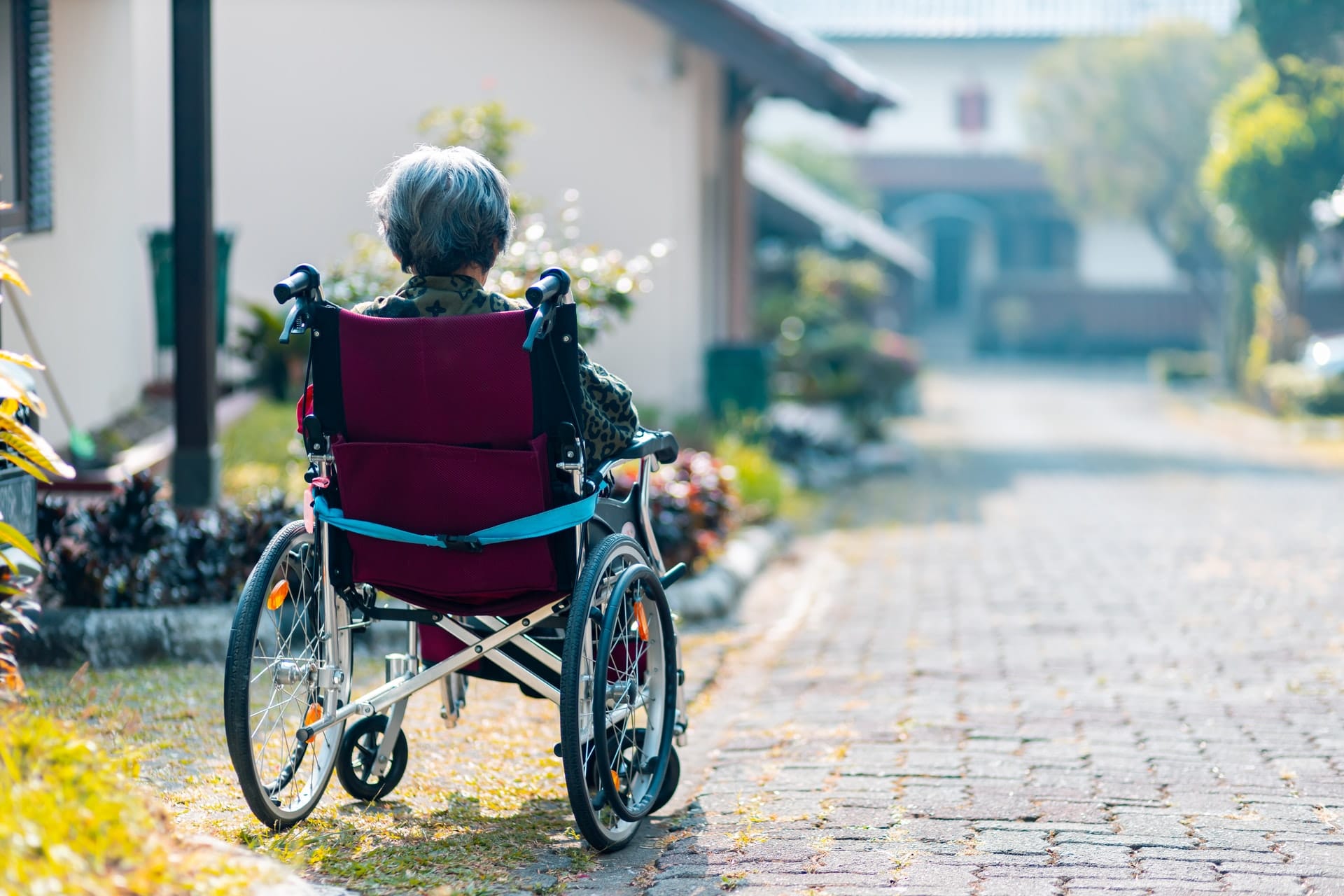
Benefits for Seniors with Disabilities
Oftentimes, seniors with disabilities qualify for health and financial assistance programs. However, they may be unaware of them or are confused about the eligibility requirements and enrollment process. Let’s go over the key programs for seniors with disabilities so that you have the information you need to get the benefits you deserve. Note on the 3 […]